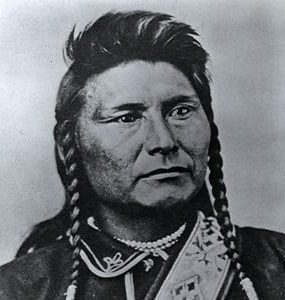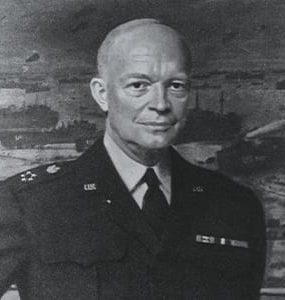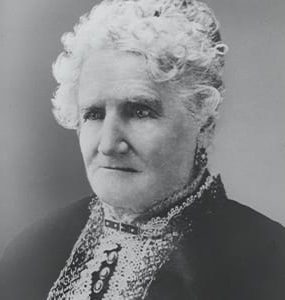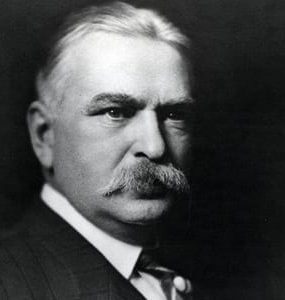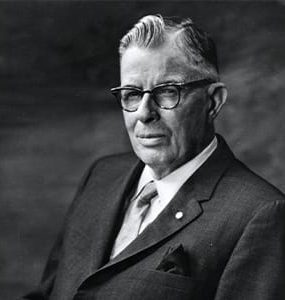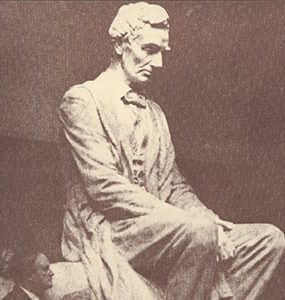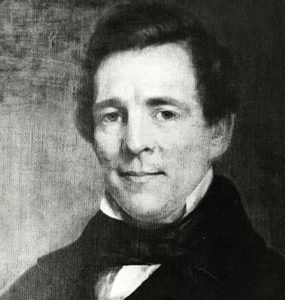Bio
Chief Joseph (1840–1904), born Hin-mah-too-yah-lat-kekt, was the leader of the Nez Perce, a Native American tribe in the Pacific Northwest. He is best known for his resistance to the U.S. government’s attempts to forcibly relocate his people from their ancestral lands in present-day Oregon to a reservation in Idaho.
Joseph became chief in 1871, following the death of his father, who had resisted signing treaties that would cede Nez Perce lands to the U.S. government. Despite initially advocating for peace, Joseph and his people were forced into conflict in 1877 when the U.S. government ordered them to leave their homeland. What followed was the Nez Perce War, a remarkable military campaign in which Chief Joseph led his people on a 1,400-mile retreat towards Canada in an effort to escape U.S. forces.
Over the course of several months, the Nez Perce, under Joseph’s leadership, fought against overwhelming odds, including multiple U.S. Army units. The retreat became legendary for its strategic brilliance, as Joseph managed to keep his people safe while avoiding capture. However, just 40 miles from the Canadian border, Chief Joseph and his followers were forced to surrender. Joseph declared in his famous surrender speech, “I will fight no more forever.”
After the war, Chief Joseph spent the rest of his life advocating for the rights and dignity of his people, though they were never allowed to return to their homeland. He died in 1904, remembered as a symbol of resistance, leadership, and dignity in the face of injustice.








